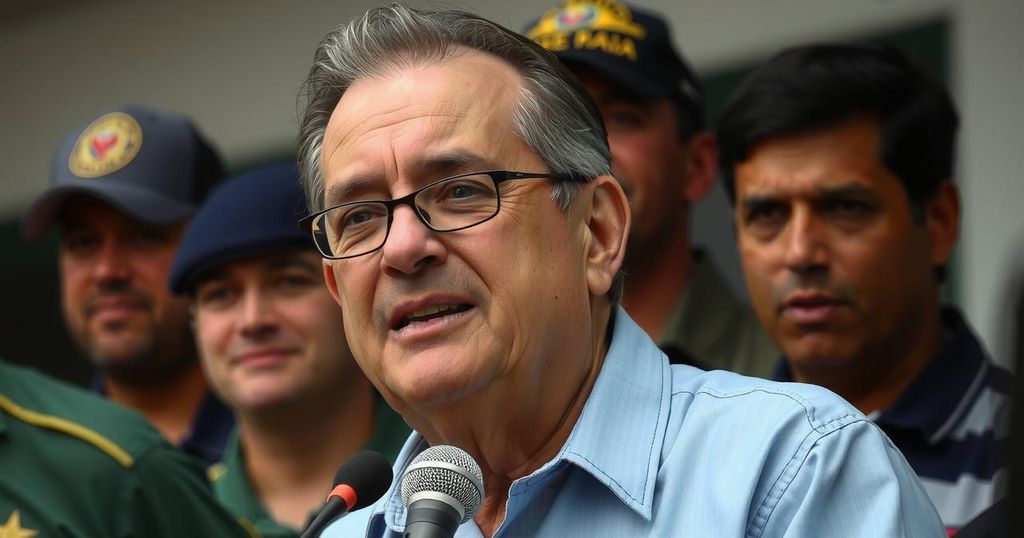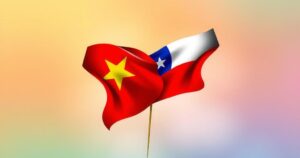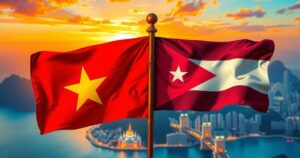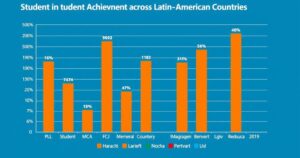Colombia’s Political Landscape: Challenges Facing Petro’s Historic Pact Government

President Gustavo Petro’s Historic Pact government in Colombia faces pressing challenges leading up to the 2026 elections. The coalition is threatened by lawfare tactics employed by established political forces seeking to weaken its influence. Despite efforts for peace and reform, the administration struggles with rising violence and legal setbacks. Alvaro Uribe’s return to the political scene heightens the stakes, while U.S. involvement underscores the complexity of the landscape. As political consolidation occurs within the left, the path ahead remains contentious and critical for Colombia’s governance.
Colombia’s current administration, led by President Gustavo Petro and the Historic Pact coalition, faces significant challenges as it approaches the 2026 elections. Petro’s government has emerged as a beacon of leftist politics within a historically conservative nation, battling against entrenched interests, including corporations and narco-traffickers. The landscape for re-election appears precarious, with strategies of “lawfare” being deployed by the opposing establishment to weaken Petro’s influence and credibility. As evidenced by previous regional experiences, this tactic has successfully ousted left-leaning leaders across Latin America.
With a historical reorganization of Colombia’s political parties and the consolidation of several leftist factions into a single entity under the Historic Pact, Petro aims to enhance resilience against governmental opposition. This strategic maneuvering must contend with the looming threat of Alvaro Uribe, the former president notorious for promoting militaristic views during his tenure. Uribe’s renewed presidential candidacy in 2026 could galvanize opposition segments that thrive on public concern for security and stability.
Petro has made commitments towards peace as per the 2016 agreement with the Revolutionary Armed Forces of Colombia (FARC); however, progress has been stunted, evidenced by a rising death toll among social leaders and former insurgents. Though Petro’s administration has pursued negotiations with other armed groups, and executed noteworthy goals like creating protected lands for marginalized communities, the opposition has thwarted many of its proposed reforms in Congress.
The threat of “lawfare” is evident in the actions of right-oriented institutions and media, which aim to delegitimize Petro’s governance. Instances of legal repercussions and systematic attacks on his administration’s achievements paint a foreboding picture of the political climate. U.S. influence remains strong, as officials express concern regarding Petro’s campaign financing and the integrity of bilateral relations, underscoring the complex interplay of international interests.
In summary, as Colombia edges closer to the next electoral cycle, the political battlefield appears increasingly treacherous for the Historic Pact and its affiliates. Resistance to external pressures, coupled with internal challenges, will be pivotal for sustaining progressive governance in the face of opposition and attempting to secure a favorable outcome in the forthcoming elections.
The article discusses the current political landscape in Colombia, focusing on President Gustavo Petro’s administration and the Historic Pact coalition, which represents a significant shift towards leftist governance in a historically conservative context. It outlines the strategic transformations within Colombia’s political parties, particularly the consolidation of formerly disparate factions into a single political entity to withstand upcoming electoral challenges. The phenomenon of “lawfare” is identified as a tool used by the political establishment to disarm progressive initiatives and undermine Petro’s presidency, drawing parallels with similar tactics used against leftist leaders in other Latin American countries. The influence of the United States in Colombian politics is also highlighted, showcasing external pressures that exacerbate the complexity of governance.
As Colombia navigates the political challenges ahead of the 2026 elections, President Petro and the Historic Pact coalition face formidable obstacles—including the potential resurgence of right-wing forces embodied by Alvaro Uribe. The threats posed by lawfare and the uneasy relationship with U.S. interests complicate efforts to achieve lasting reforms and solidify peace in the country. The situation demands astute political maneuvering and a cohesive strategy to counteract the mounting pressures both from domestic and foreign entities. In essence, the road to the elections is fraught with uncertainty, prompting a crucial period in Colombia’s sociopolitical evolution.
Original Source: peoplesworld.org








